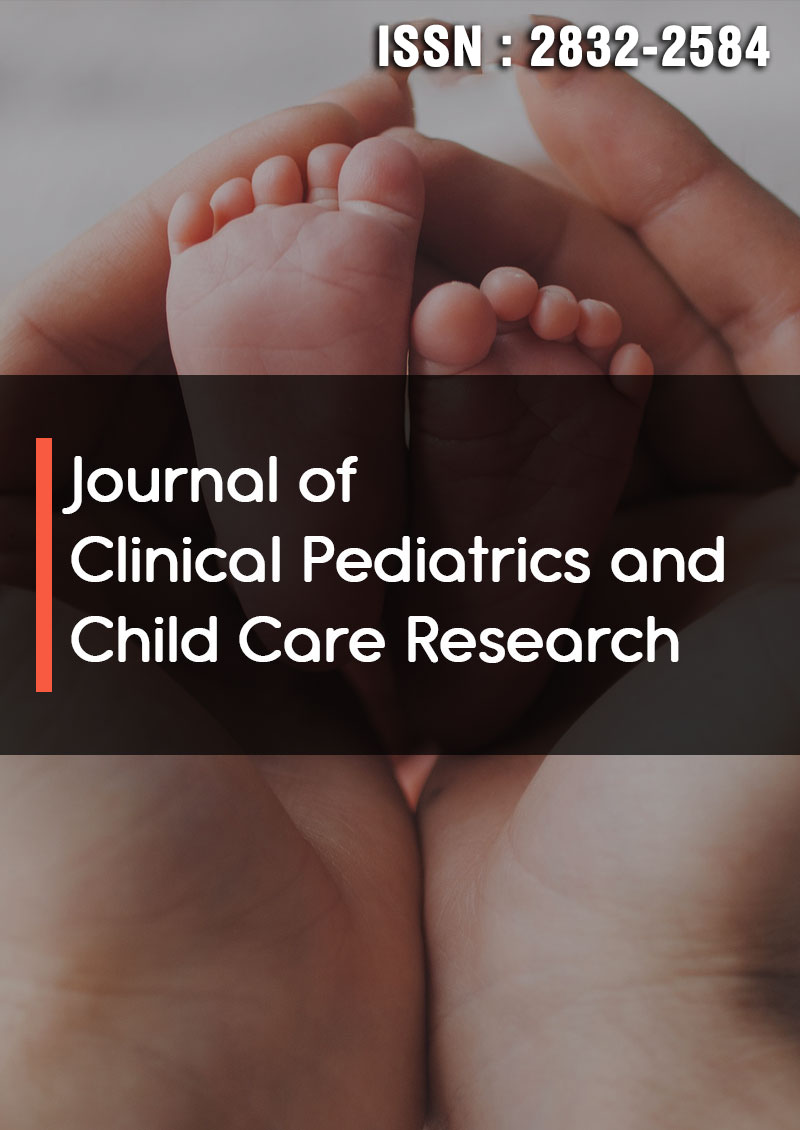Intracardiac Aspergilloma in a Case with Premature Birth: A Case Report
Abstract
Berfin O Ozmen, Mehtap Akca, Asuman Akar, Edanur Yesil, Necdet Kuyucu
Aspergillus species, which are common in nature, can cause a highly variable spectrum from allergy to invasive disease, depending on the host's immunity and the presence of underlying lung disease. Isolated cardiac aspergilloma is extremely rare without fungal sepsis. In this case, cardiac aspergilloma in a preterm baby has presented. This premature baby born thirty-two weeks and 1000 gr, and hospitalized due to sepsis. She was operated after a mass and thrombus were detected in the echocardiography while receiving antibiotic therapy. During the operation, an intracardiac mass excision was made in the right atrium, starting from the inferior vena cava, measuring 9 x 10 mm (18 mm with the stem). The pathology result was compatible with aspergilloma, and Aspergillus colonization was detected in the myocardial tissue, which was also supported by the pathology laboratory. No growth was detected in blood cultures, and immunological examinations were found to be normal. Low molecular weight heparin and levatirecetam treatments were given to the patient who developed cardiac arrest, seizures, and multiple thrombi during the follow-up. At the end of eight months, the patient was discharged without sequelae, and voriconazole treatment was completed for 12 months. Outpatient follow-up continues. The immaturity of the phagocytic system and T cell-mediated immune system of premature babies, their need for long-term parenteral nutrition, the use of broad-spectrum antibiotics and steroids put these babies at risk for invasive fungal infections.




